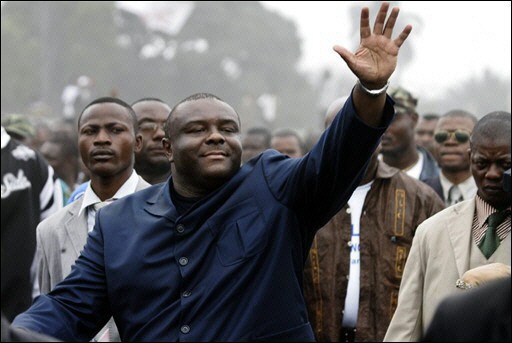
By Richard Norman
Well, today is April 2nd the start of the Atlantic Canadian seal hunt. Currently I’m on the south shore of Nova Scotia, a couple hundred kilometers from the launch of this season’s much-misunderstood centuries-old enterprise. The industry is a bit less active this year. From the Canadian Press
CHARLOTTETOWN (CP) – The East Coast seal hunt quietly opened Monday in the southern Gulf of St. Lawrence, where ice conditions were described as the worst seen in a decade.
Fisheries officials said they expect only a few boats from the Maritime provinces will take part in the first phase of the centuries-old hunt. About 40 boats from Nova Scotia, New Brunswick and Prince Edward Island are eligible, with most of the early hunting focused on the Cape Breton coast, said Fisheries Department spokesman Roger Simon.
"There are a few seals scattered from Sydney towards Canso but they are very sparse and the ice is broken and deteriorated," he said.
"What seals were in that area may be swimming back north and we know a higher proportion drowned this year."
One fisheries observer said only two boats went out Monday.
Newborn seals cannot swim in the first weeks of life and need solid ice to survive.
The total quota for this year’s seal hunt is 270,000 animals. That’s 65,000 fewer seals than last year, a change that was made mainly because of the ice conditions.
An early example of the effect global warming stands to have on traditional, northern maritime-based economies.
The CBC recently published this primer to the seal hunt that aficionados of the debate might be interested in.

 By Richard Norman
By Richard Norman By Richard Norman
By Richard Norman

 By Richard Norman
By Richard Norman
 by Jason Strother
by Jason Strother